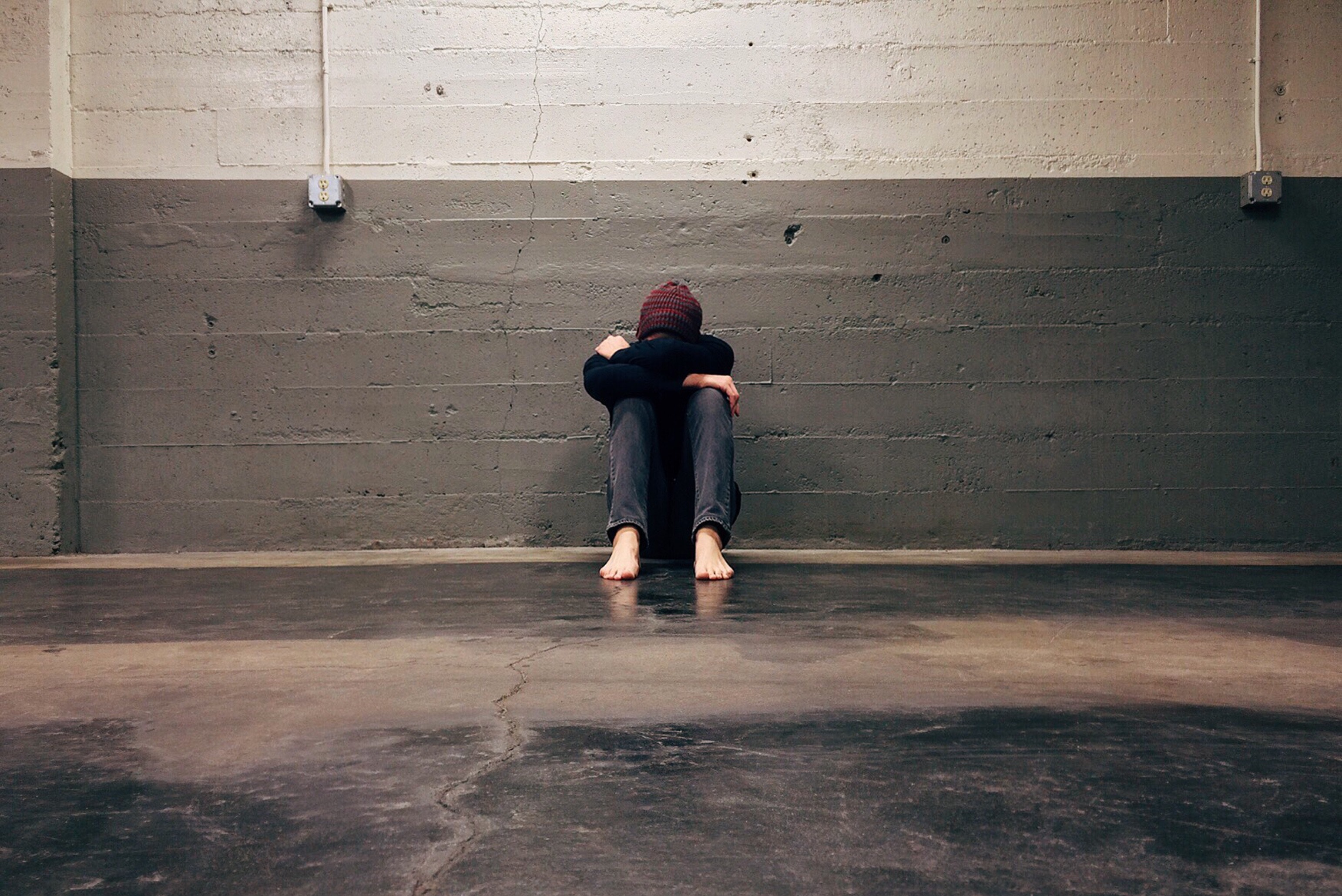Psychologically speaking, what’s your optimal functioning? What’s the 14-er summit of your mindspace? You might think it’s when you are the happiest, but joy is a false summit (the one you glare at while trying to get your breath and sucking for dear life on your camelback). The real high-point for your brain is when you are involved in Flow. Flow is a term coined by psychologist Mihály Csíkszentmihályi (and no, I can’t pronounce that name). You experience flow when you are fully immersed in an activity that uses both your body and your mind. It’s an activity that you choose to do for its own sake, just because you like it. A lot of people experience Flow when they are hiking a mountain or playing a sport. Others get into flow when playing music, drawing, or playing chess. There are ten factors that tend to accompany Flow. Clear goals that, while challenging, are still attainable. Strong concentration and focused attention. The activity is intrinsically rewarding. Feelings of serenity; a loss of feelings of self-consciousness. Timelessness; a distorted sense of time; feeling so focused on the present that you lose track of time passing. Immediate feedback. Knowing that the task is doable; a balance between skill level and the challenge presented. Feelings of personal control over the situation and the outcome. Lack of awareness of physical needs. Complete focus on the activity itself. For me, getting into a state of Flow is essential for my self-care. If I don’t get my Flow, I get cranky, irritable, and stressed out. I’ve found Flow in playing my guitar, riding my snowboard, and hitting golf balls at the driving range. Flow. Get some.




